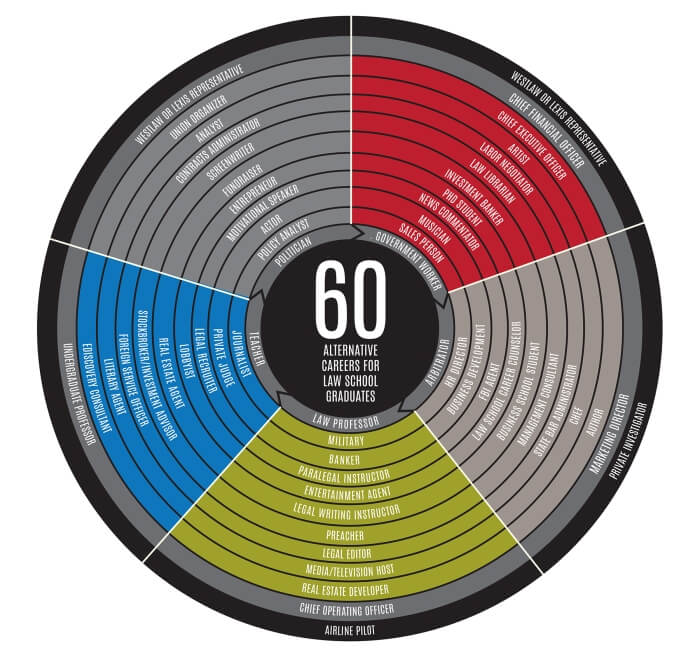
The lawsuit alleges that the former Dewey executives concealed the true nature of the law firm’s finances to raise money from potential bondholders. Apparently, the life insurer had purchased $35 million in notes issued by Dewey & LeBoeuf in 2010.
According to the complaint, the three former executives conspired to hide information including critical information about the financial health of the law firm in the years preceding its failure. The defendants did not only hide relevant information from investors, but also hid it from the public, the auditors of the firm, while keeping its law firm partners in the dark.
The lawsuit also alleges that in a remarkable departure from typical law firm funding, Dewey issued bonds and raised $150 million in a 2010 bond offering for refinancing its existing debt. According to the lawsuit, the usual course adopted by law firms in such situations is to approach banks and partner capital.
However, a lawyer for former Dewey chairman Steven Davis alleged that the complaint has no merit, and is just another instance of investors blaming others for their own failures in making proper investment decisions.
The lawsuit also alleged that the memorandum prepared by Dewey and offered to Aviva, seeking its support as an institutional investor in 2010, left out mention of the salary guarantees made to various attorneys, and instead of mentioning the huge fall in profits, it put forward the law firm’s “strong financial condition and conservative debt profile.”
The case is Aviva Life and Annuity Co v. Davis, U.S. District Court for the Southern District of Iowa, No. 12-603.










































